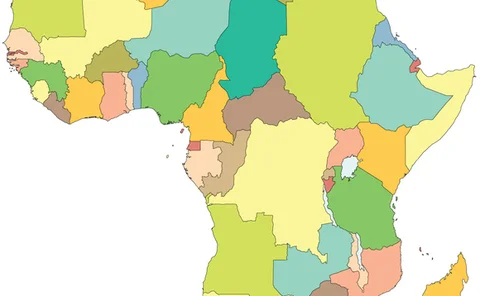Research
ECB paper highlights locational importance of asset bubbles
Working paper finds asset bubbles have differing effects on the economy depending on whether they are located with banks or ordinary savers, with implications for macro-prudential policy
Tail risk evaluated in French paper’s new inflation measure
Study by Banque de France staff finds the expectations of extremely high and low inflation outcomes impacts actual levels
Hungarian paper explores central bank transparency
National Bank of Hungary research identifies areas of transparency that can be exploited to reduce uncertainty in the economy
Philadelphia paper praises macro-prudential potential
Macro-prudential policy is a more efficient way to control credit than monetary policy – and it has a limited impact on inflation
Greece working paper dissects consumer credit
Bank of Greece researchers identify and separate demand and supply factors in Greece’s consumer lending
Emerging market bonds behaving as safe assets, says BIS paper
Local government bond yields in emerging market economies have contracted as global risk sentiment worsens, study suggests
RBA’s ability to forecast put on trial
Discussion paper finds RBA forecasts inflation more accurately than GDP growth
Banks take advantage of Brazil’s geography, says paper
Fractured market structure allows banks to hold monopoly power and charge higher loan rates in smaller areas
European fiscal stimulus assessed by Fed paper
Economic Recovery Plan had a sizeable but short-lived impact on GDP
Collateral eligibility policy is neglected, says BIS paper
As number of assets accepted as collateral by ECB grows, so does the credit risk faced by Europe’s central bank
Finnish paper proposes further ATM regulation
Largest ATM provider in Finland has foreign fee it can charge capped; socially optimal level only reached with regulated interchange fee
Fed paper presents improved model of inflation and unemployment
Authors develop a bivariate model that they believe improves upon univariate benchmarks
IMF paper dissects bond yield determinants
Fund research distinguishes between long- and short-run elements in bond yields, finding European periphery yields overstated actual fundamentals
Investment drop in China would hit global growth, says IMF paper
Research says the economic reverberations of lower investment in China are becoming stronger
Policymakers can learn from behavioural insights, says Norwegian paper
Economic agent’s expectations are shaped in a myriad of ways and should be considered in policy decisions
Dutch paper praises financial innovation
Though it has been exploited by some, innovation in finance has contributed a lot to business and the wider world
BoJ paper evaluates zero interest rates in 1990s
Bank of Japan study considers the impact of zero interest rates and quantitative easing during the 1990s; says it had expansionary effects
Regulated banks take greater risks abroad, says ECB paper
ECB study finds banks subject to tight regulation for domestic activities respond by relaxing lending standards abroad
International reserves provided shelter from crisis, says Finland paper
Bank of Finland study says the accumulation of international reserves provided some countries with a buffer against the crisis; not such a clear-cut relationship with economic growth
IMF study analyses Asian monetary policy channels
Research published by the IMF examines monetary policy transmission mechanisms in Asia; questions whether interest rates are determined by global factors
IMF mission positive on Mozambique
International Monetary Fund inspectors cite significantly improved inflation levels and robust growth in GDP for latest favourable report on Mozambique
Norway paper finds emerging markets drive oil-price volatility
Norges Bank working paper finds that changes in emerging market demand for oil has more than doubled the impact on real oil prices and production compared with the developed world
Fed study shows US banks still wary of lending to European peers
US banks are continuing to tighten lending standards to their European counterparts with some winning additional business as a result of reduced competition from European banks, Fed study finds
Banks’ net worth impacts cost of credit, says ECB paper
Research published by the ECB finds a drop in banks’ net worth increases the cost of credit for companies; model shows subsequent decline in GDP and inflation



















